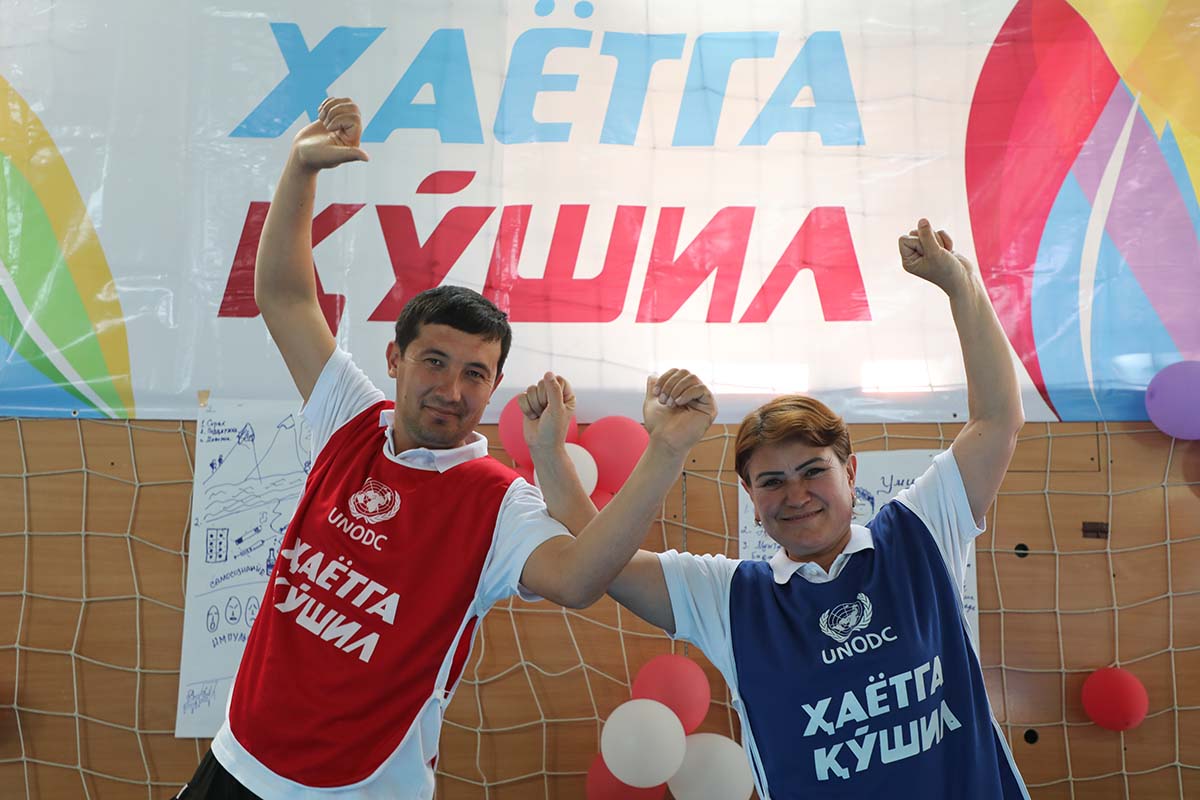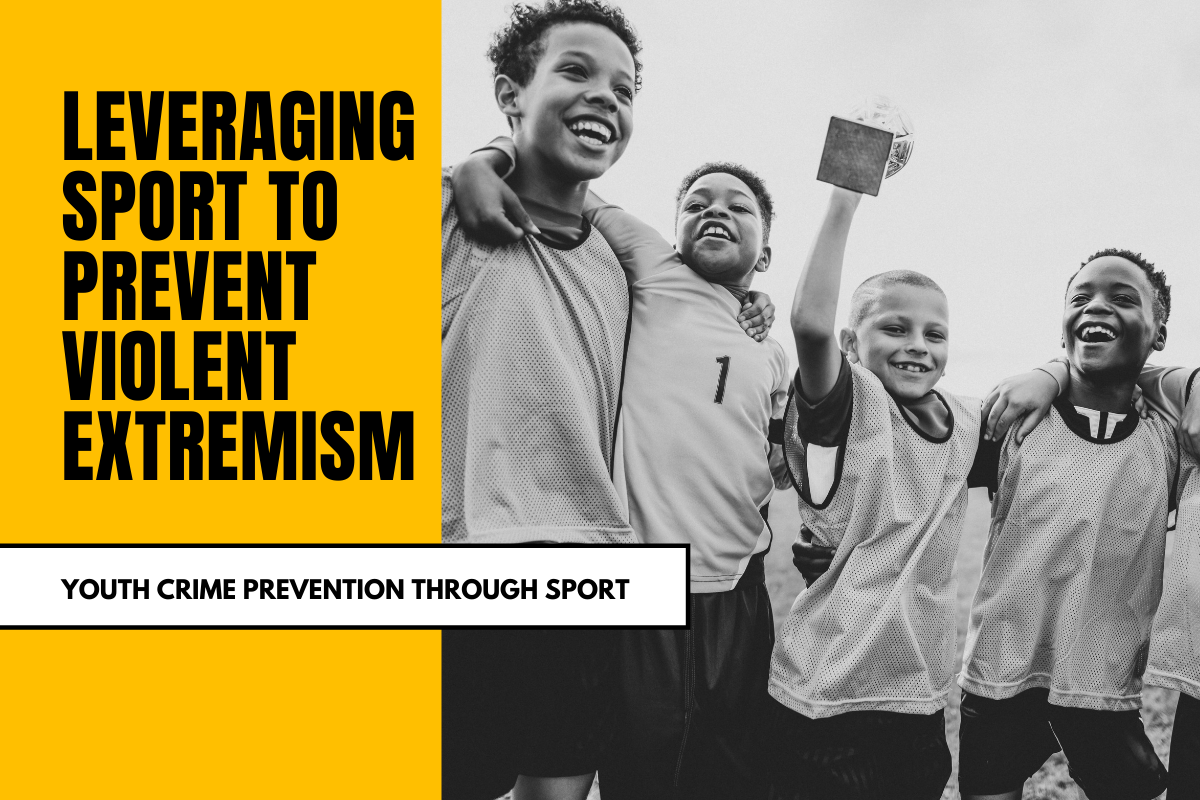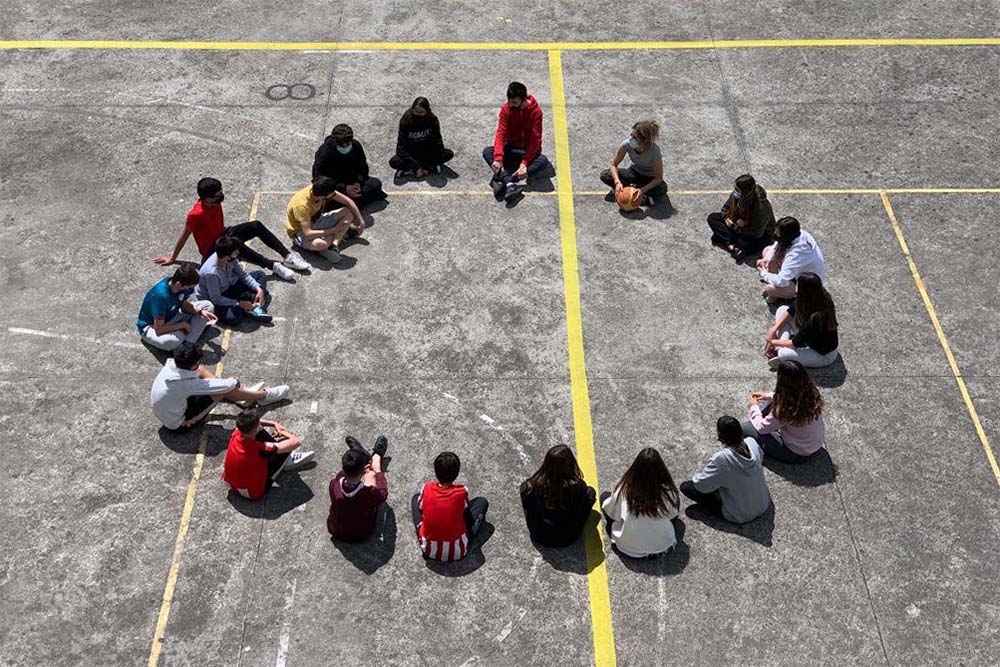Consultations held with key South African actors as 'Line Up Live Up' enters next stage of roll out
16 June 2017 - Following early successes and positive experiences over recent months in piloting the Doha Declaration Global Programme's 'Line Up Live Up' curriculum in Brazil, on-the-ground work recently started in South Africa. Consultations held with a wide array of Government and non-Governmental actors at both national and provincial levels not only affirmed the recognized need for additional youth crime prevention initiatives but also highlighted the range of opportunities and potential synergies in the country to link up with.
With piloting expected to begin in the fourth quarter of 2017, the consultations aimed to brief key actors working within the areas of sports, youth affairs and crime prevention, and determine the modalities to implement the curriculum in South Africa. Being able to determine factors such as best avenues to follow and priority locations based on crime statistics and socio-economic analysis at the outset are seen as critical to the success of the work. In this, UNODC met with entities across Pretoria, Johannesburg and Cape Town such as the Department of Basic Education, the Department of Sports, Arts, Culture and Recreation, the Department of Social Development, and the Department of Community Safety at the national and provincial levels; NGO's and research bodies, including Grassroot Soccer South Africa and Fight for Peace as well as the Institute for Security Studies, the Medical Research Council and the Centre for Justice and Crime Prevention; and the German official development arm, GIZ.
A site visit was also conducted to projects being rolled out by Grassroot Soccer in the areas of Alexandra in Johannesburg and Khayelitsha in Cape Town to witness some of the work in these two townships. In speaking to coaches and staff at the two centres, the benefit of sports as a vehicle to deliver life skills training to at-risk youth was undeniable: "Sports gives young people in the community something to do", noted Nhlanhla Dube, one of the coordinators at the centre in Alexandra. "After school, they're able to learn some life skills which will hopefully help them change their mind-sets, help them understand what they want to be as they get older." The importance of life skills training to counter drug use, and the role of sports as a vehicle to deliver this, was also noted. "Drugs are a huge problem for the community and they make young people despondent", continued Nhlanhla. "But through sports-based programmes we're able to bring to light this issue and help young people: sport has helped them to become more resilient, to make better choices."
This was echoed by many others at both locations who highlighted not only the challenges but also the opportunities to positively impact youth. What was evident from the testimonials heard are the issues being faced around drugs, crime and violence, and the need for youth-focussed prevention initiatives at the community level.
Thanks to the discussions held in the country, the next steps in South Africa - as is now being implemented in Brasilia and Rio de Janeiro in Brazil - will be the finalization and subsequent roll out of train the trainer workshops and the onwards engagement with the youth themselves. Ultimately these will be supplemented by a series of complementary events such as outreach initiatives and mentorship programmes. By piloting in three countries - Brazil, Kyrgyzstan and South Africa - who each face acute socio-economic and drugs and crime related challenges, the pilot phase will provide an invaluable opportunity to tweak the training curriculum to meet different location needs when scaled up globally.
Additional Information:


